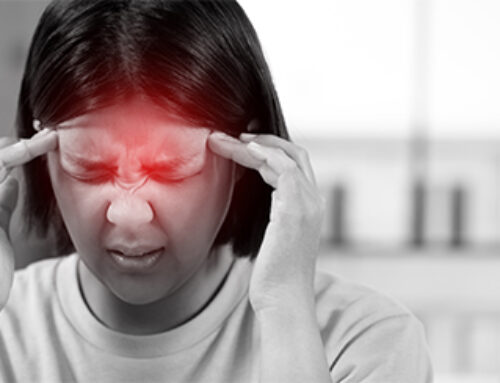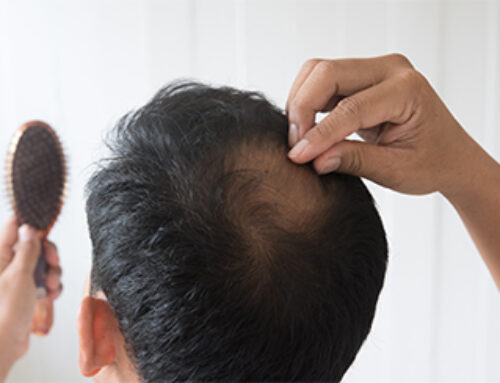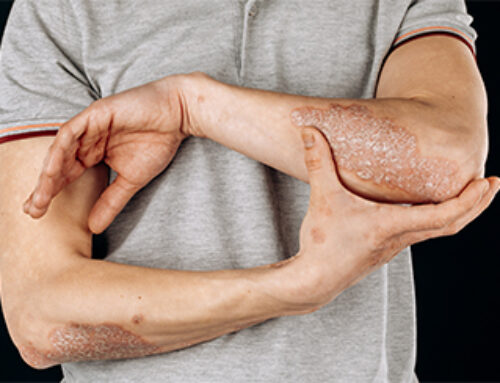Should the infection spread more and throughout, irreversible pulpitiscan occur leading to pulp necrosis. At this stage,there is extreme, sharp, throbbing pain that worsens when thepatient lies down. Once there is total pulp necrosis, the pain may become constantor intermittent, with complete loss of cold sensitivity.Treatment of caries includes removal of the infectedtissue; fixingthe exposed dentin; and rebuilding the toothstructure with silver amalgam, composite gold, or porcelain.Whenirreversible pulpitis occurs, root canal therapy is essential; wherein the contents of the root canals are evacuated, and thorough cleaning, and filling with an inert material is done.Alternatively, the tooth may be extracted.
Periodontal disease accounts for more tooth lossthan caries, particularly in the old age population. Like dental caries, chronic infectionof the gingiva (gums) begins withformation of bacterial plaque. The process starts imperceptibly over the gum line and in the gingival sulcus. Plaque, including mineralizedplaque (calculus), is preventable by maintainingdental hygiene, includingperiodic and timelyexpertcleaning. Left undisturbed, chronic inflammationfollowsand produces a painless redness of the gumsthat typically bleeds with brushing (gingivitis). Whenignored, severe periodontitis can occur that lead to widening of the physiologicsulcus and thus destroying the periodontal ligament. Pocketsget formedaround the teeth that become filled with pus and debris. Withthe periodontium destruction, the teeth too start loosening and falling.
Inspite of the reducedprevalence of dental caries and periodontal disease worldwide, due to extensive water fluoridation and improved dental care, both diseases constitute a major public health problemworldwide. The doctor can promote preventionby including questions about dental care and hygiene routinely with each patient. Special populations at high risk for dental cariesand periodontal disease include those with xerostomia (Sjogren’s syndrome,drug-induced, post-irradiation head and neck), diabetics, alcoholics,tobacco users, Down’s syndrome. Further, patients lacking basic dental care access(due to low socioeconomic status) or those with reduced ability ofself-care (e.g., hospitalised patients or with dementia or upperextremity disability) suffer even more. It isvitalto provide counselling regarding regular dental hygiene and expertcleaning, use of fluoride-containing toothpaste, and use of electric toothbrushes for patients withlimited dexterity and to give instruction to caregivers for those unableto perform self-care.
Some homeopathic medicines that provide instant relief to toothache are as follows:
Belladonna: helps throbbing pain that is aggravated from touch or motion (e.g. while eating) and worse at night. The mouth is completely dry, even when the person drinks enough water. The person may be touchy, angry, and with a flushed, hot face.
Chamomilla: helps the toothache that is aggravated from any warmth (whether from warm food or warm drink or even upon entering a warm room) but are still not ameliorated from cold. The pain in very severe and unbearable, may even radiate to the ears, and is typically worse at night. The person is irritable, cross, and oversensitive.
Coffea cruda: helps pain that is aggravatedfrom heat and amelioratedby holding ice or cold water in the mouth. The person may be extremely excitable, touchy, and hypersensitive.
Hepar sulph: can help even in case of serious disorder like an abscessed tooth. The tooth is hypersensitive to touch, and the pain is aggravatedfrom the least draft of air and worse from cold. The person is irritable.
Hypericum: can help in any condition wherein there is a nerve injury. Painis severe, sharp, shooting, tearing, or drawing. Pain is accompanied with tingling, burning, and numbness. This remedy can be used for pain and sensitivity after dental procedures that impact the nerve like root canal are undertaken.
Mercurius: may help a toothache from an abscess or rottingteeth. The toothache is tearing, shooting, sharp and evenmay extend till the ears. They are aggravatedat night, from eating or drinking anything hot or cold. There might be bad breath or a metallic taste in the mouth, and is accompanied with excessive salivation.
Plantago: can help a toothache that is hypersensitive to the lease touch, worse from cold air, and worse from both cold and warm drinks. There might be swelling of cheeks. The patient has a feeling that the teeth is growing and it may feel too long. There is excessive salivation.[/vc_column_text][/vc_column][/vc_row]







